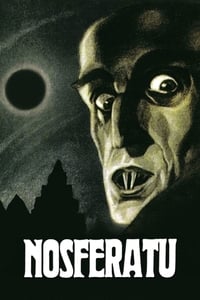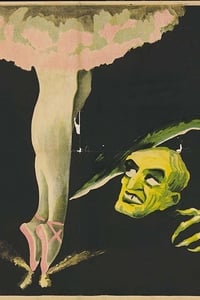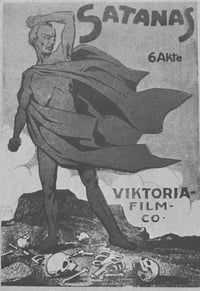F. W. Murnau
Birthday: 1888-12-28
Deathday: 1931-03-11
Birthplace: Bielefeld, North-Rhine-Westphalia, Germany
Gender: Male
Friedrich Wilhelm “F. W.” Murnau (December 28, 1888 – March 11, 1931) was one of the most influential German film directors of the silent era, and a prominent figure in the expressionist movement in German cinema during the 1920s. Although some of Murnau’s films have been lost, most still survive. While the horror film Nosferatu (1922) is his most famous work, the romantic melodrama Sunrise: A Song of Two Humans (1927) is his critically most acclaimed; the British Film Institute's 2012 Sight & Sound critics' poll named it the fifth-best film in the history of motion pictures. Murnau's characteristics are an atmospheric imagery and an innovative use of camera movement. Andrew Sarris in his influential book of film criticism The American Cinema: Directors and Directions 1929–1968 included him in the "pantheon" of the 14 greatest film directors who had worked in the United States.
Credits
| Year | Title | |
|---|---|---|
 |
1998-03-15 | Nosferatu: The First Vampire |
 |
1940-08-30 | Hunting in the South Seas |
 |
1931-07-30 | Tabu: A Story of the South Seas |
 |
1930-01-12 | City Girl |
 |
1928-10-03 | 4 Devils |
 |
1927-11-04 | Sunrise: A Song of Two Humans |
 |
1926-10-13 | Faust |
 |
1926-01-25 | Tartuffe |
 |
1924-12-23 | The Last Laugh |
 |
1924-01-07 | The Finances of the Grand Duke |
 |
1923-10-23 | The Expulsion |
 |
1922-11-13 | Phantom |
 |
1922-03-03 | The Burning Soil |
 |
1922-02-16 | Nosferatu |
 |
1922-01-19 | Marizza |
 |
1921-04-07 | The Haunted Castle |
 |
1921-01-21 | Journey into the Night |
 |
1921-01-01 | Desire: The Tragedy of a Dancer |
 |
1920-09-24 | Evening – Night – Morning |
 |
1920-08-26 | The Head of Janus |
 |
1920-07-08 | The Hunchback and the Dancer |
 |
1920-01-30 | Satan |
 |
1919-07-01 | The Boy in Blue |
